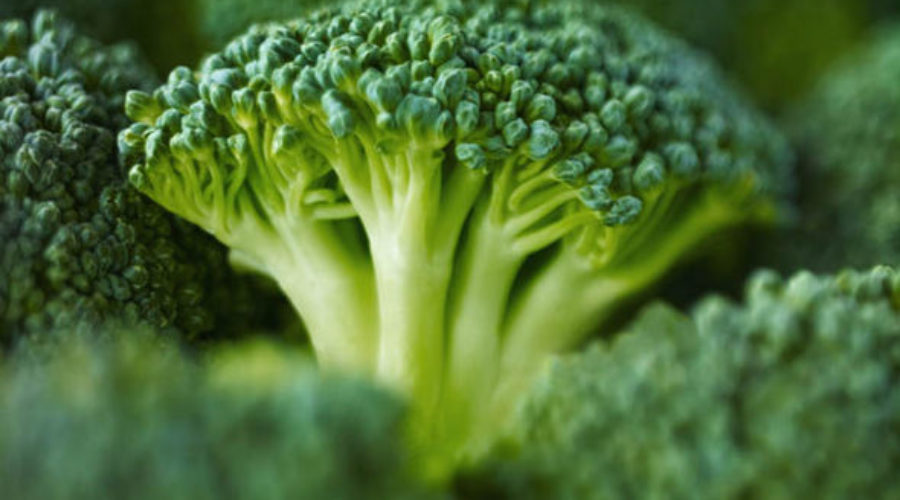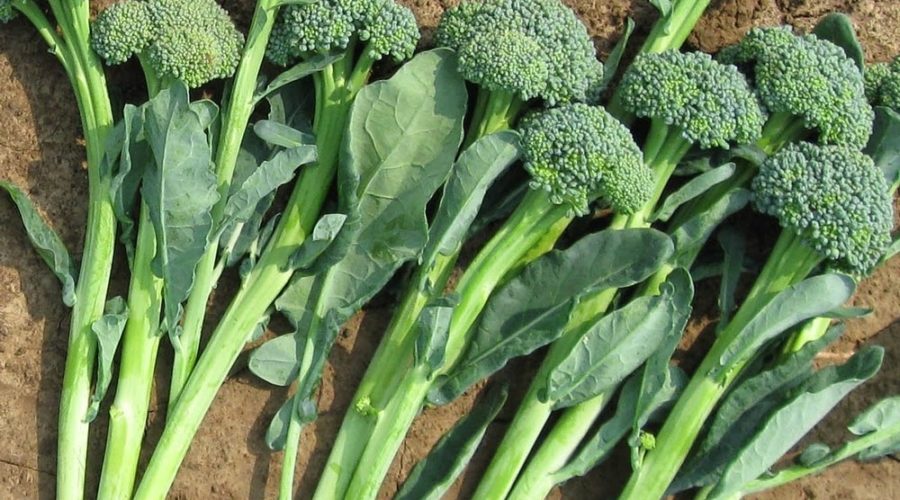Broccoli – super food extraordinaire!
Whether you’re a fan or not, broccoli is a nutritional powerhouse that deserves a special mention. Widely studied for its anti-aging and regenerative effects, research has revealed a long list of health benefits associated with regular consumption, including a reduced risk for:
- Osteoarthritis
- Heart disease
- Cancer Diabetes
- Allergies
- Neurodegenerative diseases
- Kidney disease
The Brassica Family
Part of the Brassica family, broccoli is considered a cruciferous vegetable. Along with cabbage, Brussels sprouts, cauliflower and kale, it’s known for its high concentration of sulforaphane, a compound that prevents free radicals from breaking down the body and while protecting against premature- aging and degenerative disease. Sulforaphane also helps repair skin damage, inhibits the retention of body fat and protects your muscles against exercise-induced damage.
Anti-aging effects
Broccoli is best known for its anti-cancer activity, but it also contains a plant compound believed to slow age-related decline in health by restoring our metabolism to more youthful levels. As we age, our cells’ ability to produce energy diminishes. With less available energy, cell repair and maintenance declines and degeneration sets in.
Broccoli contains an enzyme called nicotinamide mononucleotide (NMN), which plays a vital role in producing nicotinamide adenine dinucleotide (NAD), a compound involved in mitochondrial health and energy metabolism. With age, our body loses its ability to produce NAD – so chronic inflammation sets in. Taking NAD as a supplement is ineffective, but our body can efficiently convert the NMN in broccoli to NAD so that we can quickly start making energy again.
Besides broccoli, NMN is also found in cucumbers, cabbage, avocado and other green vegetables. Perhaps that why studies show that people with higher vegetable intake have:
- Lower risk of heart disease
- Lower risk of cancer
- Reduced risk of kidney stones
- Higher scores on cognitive tests
- Less oxidative stress
- Lower risk of Alzheimer’s disease
- Fewer digestive problems
- Better eye health
Liver Detox
Broccoli also supports healthy liver function, which helps optimise the body’s natural detoxification systems. Broccoli sprouts especially, have been shown to help detox environmental pollutants and heavy metals. This is especially important for women of childbearing age. Research has shown that autistic children have higher levels of environmental toxins in their system, and maternal exposure to toxins plays a significant role. And of course, healthy liver function promotes healthy, beautiful skin – another reason why broccoli is considered an anti-aging food.
Digestive Health
Broccoli is packed with fibre, which is broken down into short-chain fatty acids (SCFAs) by your gut bacteria. SCFAs, in turn, help lessen your risk of inflammatory diseases. Your liver converts SCFAs into ketones that nourish your body and perform important signaling functions. Fibre also promotes health by nourishing beneficial gut bacteria and by activating immune cells that help protect your body from pathogenic bacteria and prevent the development of bowel cancers and other inflammatory diseases.
Best way to eat
Eating more vegetables is important. However, you also need to maximize the nutritional value of those vegetables. Broccoli is most nutritious eaten raw. If you cook it, the cooking method will determine how much of the broccoli’s nutrient content remains intact. Too much water and too much heat can cause water-soluble vegetables such as broccoli to lose their nutrient content. The answer is to cook vegetables quickly in a small amount of water. Therefore, one of the best methods of cook vegetables like broccoli is to steam them. Ideally your broccoli should be organic to avoid pesticides.




Leave a Reply
Your email is safe with us.
You must be logged in to post a comment.